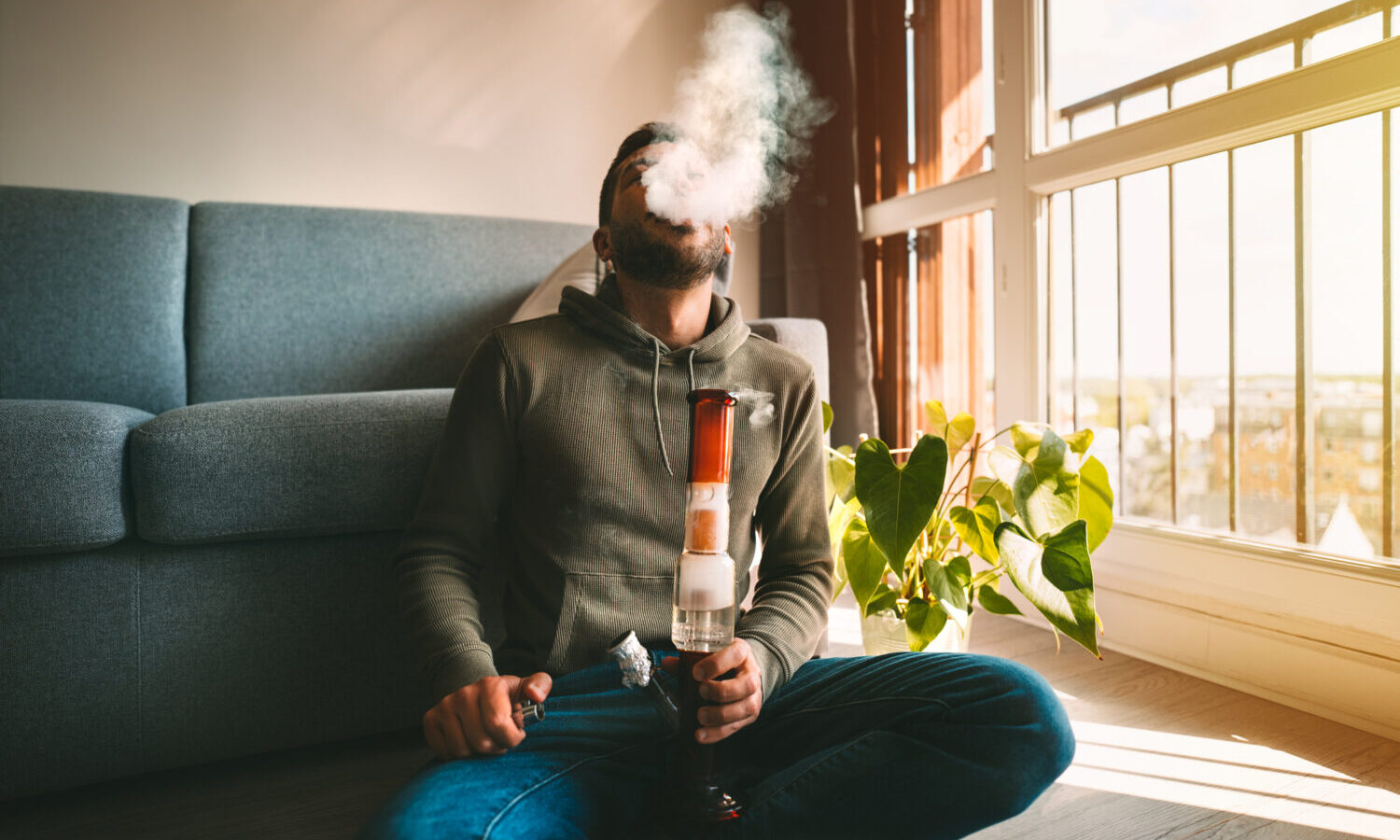
In partnership with The Fresh Toast
While researchers don’t understand why marijuana affects bladders specifically, a new study shows that regular marijuana users were at higher risk of overactive bladder disorder.
Marijuana use is becoming increasingly common. And as more states legalize the plant for recreational and medicinal purposes, more and more people are confident in its medicinal strength. Still, due to how difficult it is to conduct proper research on the drug, there are a lot of things we don’t know about marijuana, including its side effects.
A new study published in the American Journal of Medicine examined whether marijuana has an impact on overactive bladders and found that regular marijuana users are more likely to suffer from the condition than non-users.

Researchers collected data from 2005 and 2018 on regular and non-regular marijuana users aged 18 to 59, who answered a variety of questions about drug use and kidney conditions.
RELATED: Study: Regular Cannabis Use Not Linked To Anhedonia (What Is Anhedonia?)
Over 18,000 samples were gathered, with 24% of respondents identifying as regular marijuana users. These people were more likely to be male, single, smokers, thinner, and younger when compared to the other participants in the study. They also reported more urinary incontinence and frequent nocturia, which is the urge to wake up in the middle of the night to go use the bathroom.
While researchers don’t understand why marijuana affects bladders specifically, the study shows that regular marijuana users were at higher risk of overactive bladder disorder and at an especially higher risk of nocturia.
“Our data do not support the evidence for the use of cannabinoids in the medical treatment of patients with overactive bladder, especially given the thorny health problems caused by marijuana,” concludes the study.
RELATED: The Incredible Truth About Marijuana And Bladder Cancer
Overactive bladder is defined as a condition where people have to urinate with more frequency. It includes behaviors like nocturia, urge incontinence, and more. It’s considered a chronic disease.
Read more on The Fresh Toast
Advertising disclosure: We may receive compensation for some of the links in our stories. Thank you for supporting Irvine Weekly and our advertisers.
